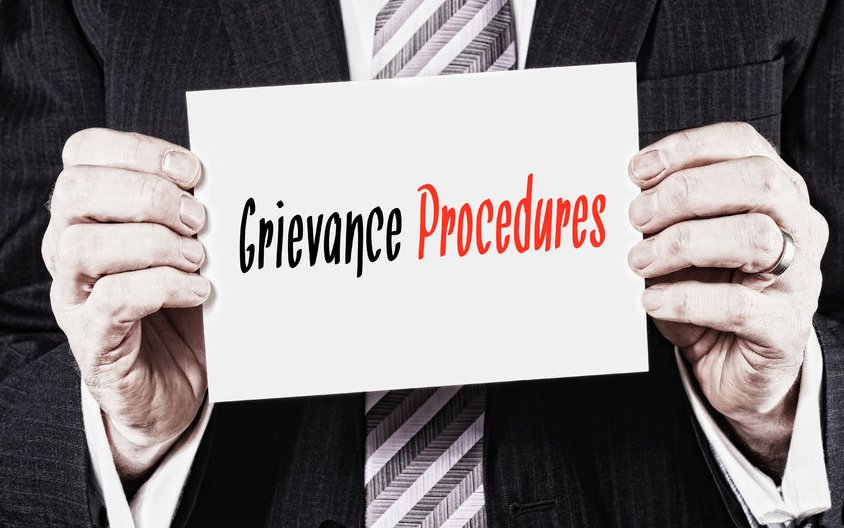Blog
10 things employers must know about grievances
Written by Hannah Kennedy on 12 February 2021

It is unlikely that a manager will be jumping for joy when they receive a grievance, but there is no reason for it to fill you with dread.
Here are 10 key points to consider when faced with a grievance from an employee:
- Managers need to deal with any issues that arise promptly. As tempting as it is to ignore a complaint or pass someone’s concern off as trivial, you need to take it seriously.
- Employers need to ensure that line managers are adequately trained so they know how to deal with grievances.
- You should try and deal with the grievance informally at first. This can often resolve the issue and help you avoid formal procedures.
- If this doesn’t work, then the employee may begin the formal grievance process. You need to follow your internal written procedure and stick to the principles laid down in the ACAS Code of Practice on Disciplinary and Grievance Procedures.
- You should hold a meeting to talk about the exact nature of their grievance. You may need to adjourn the meeting in order to carry out any necessary investigation to ascertain the facts of the case.
- Workers have a right to have a companion at the meeting if the grievance concerns a duty owed by the employer to the worker, for example, if the employer is violating the worker’s contract. The companion could be a fellow worker or a trade union official.
- You need to make a decision about how best to deal with the grievance and inform the employee in writing of your decision.
- If an employee does not feel that the issue or concern has been resolved, they should be allowed to appeal the decision.
- Make sure you keep records of the whole process.
- Be careful to not get it wrong! If the grievance procedure is in the employee’s Contract of Employment, the employee may be able to submit a claim for breach of contract. On the other hand, the ACAS Code of Practice is not legally binding, therefore if you breach its provisions, you are not breaking the law. However, if it is found that the employer has unreasonably not followed the Code of Practice, the compensatory award may be increased by up to 25%.
At WorkNest, our Employment Law Advisers can review your Contracts of Employment and your grievance policy and other HR policies to ensure that they are up to date, robust and legally compliant. If you do not have anything in place, they will draft new documents to ensure you comply with your legal obligations, meet best practice and protect your organisation’s best interests.





